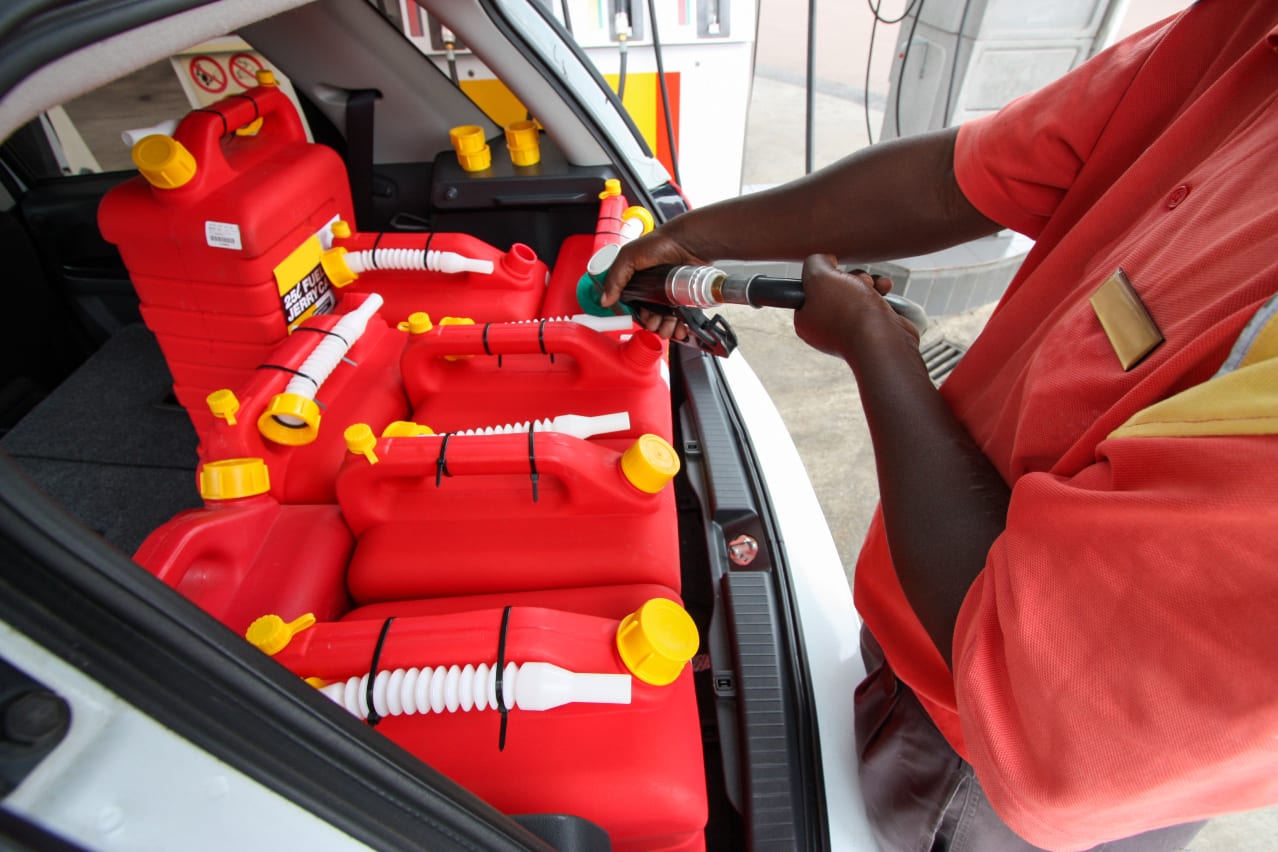
Hummer in Homosassa Catches Fire Because of Gas Hoarding
Citrus County Fire Rescue has reported that a 2004 Hummer H2 went up in flames after the owners loaded it up with extra gasoline at a Homosassa fueling station. According to officials, one person was injured but refused medical attention. While the cause of the fire is still being investigated, firefighters state that 20 gallons of gasoline were discovered in containers in the back of the vehicle.
On May 7, the Colonial Pipeline fell victim to a cyberattack that shut the system down for about a week. The Colonial Pipeline is responsible for the transportation of gasoline and jet fuel from Houston, Texas for distribution across the Southeastern United States. Although the pipeline supplies 45% of the fuel supplies for the eastern United States, Florida receives over 90% of its gas from offshore ports. Despite this, Governor Ron DeSantis issued an emergency order following the closure, which inspired consumers to panic buy gasoline across the state.
If our fuel supply is restricted in the future, or if gas prices reach a record low, we may encounter more gasoline hoarding. To prevent burning your own vehicle to a crisp or creating an explosion that could injure, or take the lives of others, make sure to adhere to safety guidelines when creating your own backstock of gasoline.
Is There a Way to Safely Stockpile Gasoline?
Gasoline should only be stockpiled by consumers in emergency situations as there is no completely safe way for consumers to store flammable liquids. The United States Consumer Product Safety Commission also warns that the private storage of gasoline over five gallons is illegal in many areas and that subsequent fire damage may not be covered by many insurance policies. Check with your local fire codes to determine the amount of gasoline you can legally store on your property. If you need to store gasoline for an emergency, follow these safety precautions:
- Prevent heavy gasoline vapors from violating your home. Gasoline must be stored outdoors in a well-ventilated area and make sure your fuel cans or storage tanks are downhill and downwind from your home. This will make any escaping vapors less likely to blow in the direction of your home.
- Keep your fuel supply cool. Heat will accelerate the evaporation of your fuel, so to protect your backstock, keep it in a relatively cool area and out of the direct sun. Excessive heat can also cause excessive pressure and release of vapors that could travel to an ignition source.
- Hang a “No Smoking” sign. Alert or remind others that gasoline is being stored in the area and that smoking is not permitted.
- Store a dry chemical or carbon dioxide fire extinguisher nearby. Should your fuel ignite, you will want a quick way to extinguish the flames and mitigate damage.
- Choose a safe container to store the fuel in. For less than five gallons of gasoline, a red portable gas can is your best bet. For larger-scale storage, consider a commercial-grade tank or fuel drum. Federal law also prohibits gas stations from dispensing gasoline into vessels that do not have warning labels that alert consumers of flammability and storage hazards.
- Use fresh fuel from the refinery. Gas stations that don’t receive high volumes of traffic may have gasoline stored that has been degraded, oxidized, or contaminated by water. Filling up from a busier gas station will increase your chances of filling up with fresher, higher-quality gasoline that is less likely to gum up your engine.
- Opt for higher-octane gasoline. Gasoline with a higher octane is more resistant to suffering from loss due to evaporation.
- Keep containers secure. Children frequently fall victim to gas explosions and poisonings, so keep gasoline storage containers secure and tightly sealed.
- Don’t keep gasoline for too long. Regular gasoline has a shelf life of 3-6 months. If you store gasoline past its expiration, its chemical properties will change and your engine will not be able to process the fuel correctly.
Improperly stored gasoline is liable to spoilage, ignition, and even explosion. For this reason, the Environmental Protection Agency discourages personal storage of gasoline of more than five gallons and the National Fire Protection Association prohibits the storage of over 25 gallons.
Get in Touch with a Trusted Personal Injury in Orlando, Florida
Stockpiling gasoline can be dangerous. If you or someone you know has sustained injuries from stored fuel in the Central Florida area, Umansky Law Firm may be able to help you recover compensation for your pain and suffering. Medical bills and lost wages can cause unnecessary stress for victims in the midst of recovery.
At Umansky Law Firm, we have made getting help from an attorney as simple as clicking a button. Call our office or complete an online contact form to speak directly to an attorney today. We are ready to help you with your case day or night, 24 hours a day. Choose from one of our locations in Orlando, Florida, or Lakeland, Florida.


